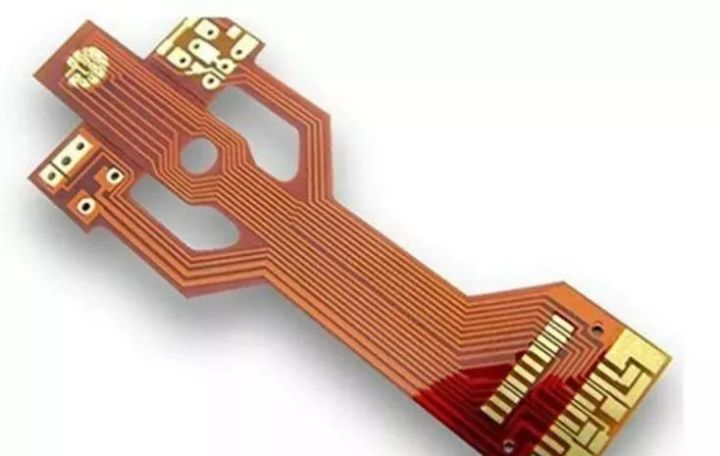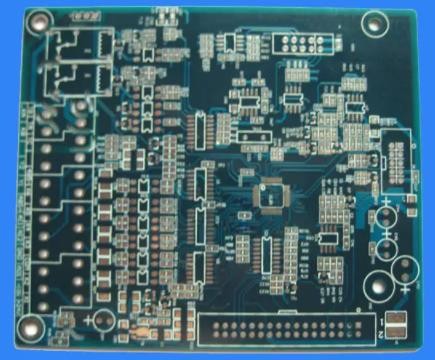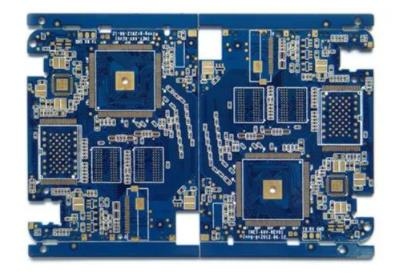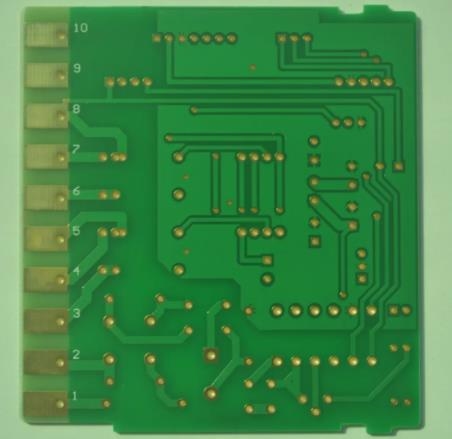
PCB is the physICal carrier of our design content, and the final realization of all our design intentions is expressed through. In this way, PCB design is an indispensable link in any project.
However, in the previous design, due to the low frequency, SMAll density, and large spacing between devices, PCB design was aimed at connectivity, without any other functional and performance challenges. So for a long time, PCB design played a very low role in the whole project. The physical connection of PCBs is usually performed by the hardware logic connection designer. At present, this development mode is still applied to some small products.
With the rapid development of electronic and communication technologies, today's challenges are completely different from those in the past. It is mainly shown in the following aspects:
1. The signal edge rate is getting faster and faster, and the clock speed on and off the chip is getting higher and higher. The clock frequency is no longer a few megabytes in the past, and hundreds of megabytes or gigabytes of clocks are more and more common on boards. Due to the rapid development of chip technology, the edge rate of the signal is also getting faster and faster. At present, the rising edge of the signal is about 1ns. This will lead to more prominent system and board level SI and EMC problems;

3. The time for product R&D and MARKeting is decreasing, which makes us face the severe challenge of one-time design success; Time is cost, time is money. In the field of electronic products, which are updated very quickly, the profit opportunity window will be much larger if the product is launched one day earlier.
4. Physical carrier realized by PCB products. In high-speed circuits, the quality of PCB is related to the function and performance of products. The same device and connection, different PCB carriers, their results are different.
Therefore, the design process has been slowly changed. In the past, the design of logic function often accounted for more than 80% of the hardware development and design, but now this proportion has been declining. At PCB present, the design of logic function only accounts for 50% of the hardware design, and the design of PCB also accounts for 50% of the time. Experts predict that in the future design, the logic function cost of hardware will be smaller and smaller, and the cost of high-Speed PCB design such as developing design rules will reach 80% or more.
All these are just instructions. design will be the focus and difficulty of current and future design.
In general, our PCB design mainly focuses on the following points:
1. Function realization
2. Stability of performance
3. Processed Jane
4. The beauty of veneer
The function realization is the first step of our PCB. In the past design, due to the low rate of signal edge and clock frequency, as long as the logical connection is correct, the physical connection will not affect the performance. But this view is not used in the current design. An example can well illustrate this point:
PCB designers of a famous image detection system manufacturer in the United States recently encountered a strange thing: a product that has been successfully designed, manufactured and marketed seven years ago has been able to work very stably and reliably for a long time. Recently, problems have occurred with products offline from the production line, and the product cannot operate normally.
Therefore, the true connection of logic cannot enable the true realization of functions. The quality of physical connection is also the main condition for function realization.
The guarantee of performance depends on the design of PCB, which we all understand. The performance test results of the same logic connection, the same device and different PCBs are different. Good design not only has high stability, but also can pass various demanding tests. But it is impossible to achieve this effect if the design is not ideal. In some low-end products, many manufacturers use the same chipsets and SIMilar logical connections. The only difference is the level of PCB design. The difference of products is mainly reflected in PCB design.
The ease of processing is also an important indicator of PCB design. Good PCB design is convenient for processing, maintenance, testing and manufacturing. The quality of PCB is not only related to the production efficiency of PCB manufacturers and SMT manufacturers, but also to the convenience of our testing and debugging.
Elegant appearance is also an element of PCB design. The overall beauty and atmOSPhere make people feel comfortable. PCB is also a handicraft. A good PCB will make people linger.
PCB design is a comprehensive discipline, which is the product of the coordination of quality, cost, time and other aspects. There is no best in PCB design, only better. In a word, the design of high-speed PCB is a serious challenge in today's system design field, whether it is design methods, design tools, or the composition of the design team and the design ideas of engineers.









